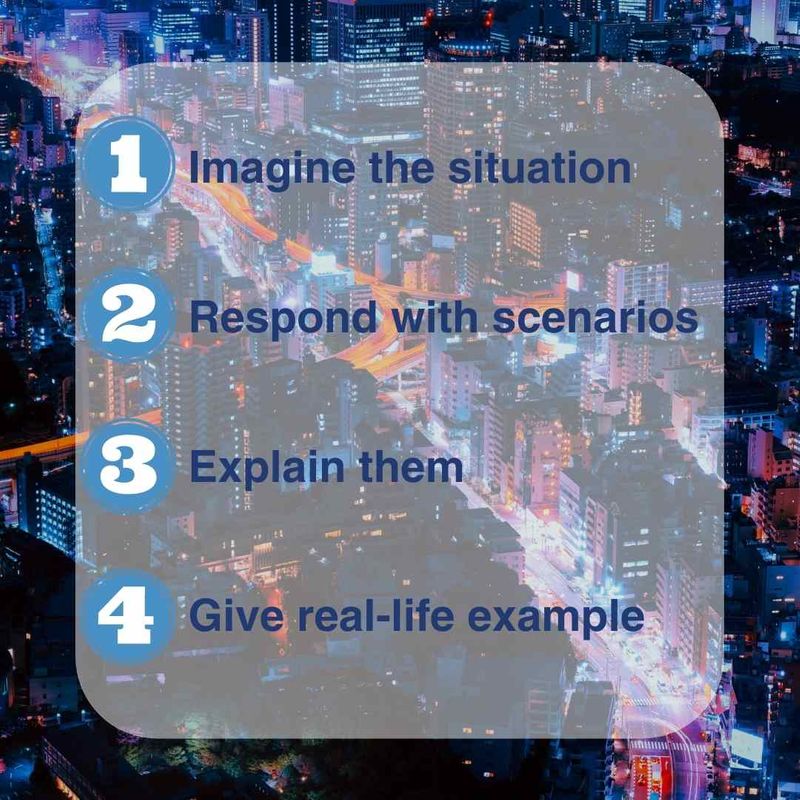
This logo isn't an ad or affiliate link. It's an organization that shares in our mission, and empowered the authors to share their insights in Byte form.
Rumie vets Bytes for compliance with our
Standards.
The organization is responsible for the completeness and reliability of the content.
Learn more
about how Rumie works with partners.
It's your first interview, and it was going well until now.
Your heart is pounding.
Your mind is blank.
"How do you feel about taking no for an answer?"
The interview question keeps ringing in your head.

Take a deep breath.
You have the skills and experience to answer this question. You just need to put it together.
What the interviewer wants to know

When the interviewer asks the question, "How do you feel about taking no for an answer?" they're trying to:
Evaluate your response for behavior indicators.
Decide if you acknowledge that hearing no isn't always easy.
Determine if you can accept hearing no in a job situation with grace.

When will you hear "no" in this position?

We often find it difficult to hear someone say "no", as it's usually associated with rejection.
Think of work situations when you'll hear the word no!

Imagine when you'll be told no.
A time off request
A promotion
A project or idea
When you make a mistake

Imagine the people who will tell you no.
Your supervisor
Your co-worker
Your HR manager
Clients and customers
Did you know?
Rumie is a nonprofit community dedicated to making innovative learning free for everyone.
Respond like a professional

Show you're a pro!
When you're told no, it's often a learning opportunity.
Respectfully seeking to understand the decision shows you're committed to growth.
Using a real life explanation from a past job or school can help you stand out.
Create a few scenarios as examples.
Start your response by creating a distinction between your supervisor and coworker saying no.

Your supervisor prefers their way of completing a task over your way.
Your supervisor declines your request to be excused from overtime this week.

Your coworker refuses to complete an unpleasant task.
Your coworker says your idea wouldn't work.
Explain how you'd respond respectfully in both scenarios and why they differ. You may immediately accept that response from your supervisor, but you may question your coworker.
Be honest
Be authentic
Be professional
⚡Let's Try!
Consider these responses:

The trainer at my last job didn't like change. I had several ideas on how we could improve our processes and procedures. It seemed like every time I would suggest something, she would tell me no. It was frustrating to hear that answer constantly. I would just acknowledge her response and go back to work. Eventually, I brought my ideas to the manager, and she liked several of them. It was great to see things finally change.

It depends on the situation. If my supervisor told me no, I would respectfully accept that decision. If my co-worker tells me no, I might push back more. I would look at each moment as an opportunity to learn. For example, I applied for a promotion in my last job but wasn't selected for the position. It was hard to hear my manager deliver the news, but I took their feedback and worked to improve my areas of weakness.
Quiz
Which is the best response to a question about taking no for an answer?
In Response B, the interviewee makes a distinction between accepting "no" from a supervisor and a co-worker. They create scenarios, explain how they would respond, and include an example. Response A fails to provide an adequate explanation about how a "no" response can be a learning experience.
Take Action
Show the interviewer that you can take no for answer and learn from the experience.

This Byte has been authored by
Mandi Purcey
Multi-Unit-Manager